
Acre: A Timeless Coastal Gem of Israel
Acre, also known as Akko, is a city rich in history and cultural diversity, located on the northern coast of Israel. This ancient port city offers a unique blend of archaeological sites, stunning sea views, and a vibrant local market. It is a UNESCO World Heritage site, making it a must-visit for history buffs and casual travelers alike. The Old City of Acre is a labyrinth of narrow alleyways, bustling bazaars, and historic landmarks. Visitors can explore the Crusader Fortress, which dates back to the 12th century, and the Ottoman-era buildings that stand as a testament to the city's diverse past. The El-Jazzar Mosque, with its stunning architecture and serene atmosphere, is another highlight that shouldn't be missed. Acre's coastal location makes it a perfect spot for those who love the sea. The city's picturesque harbor offers boat tours, fishing activities, and breathtaking sunsets. The local cuisine, heavily influenced by the sea, features fresh seafood and traditional Middle Eastern dishes that will tantalize your taste buds. Don't forget to visit the local market, where you can sample a variety of local delicacies and buy unique souvenirs. Whether you're a history enthusiast, a foodie, or just someone looking for a beautiful place to relax, Acre has something to offer. Its rich history, combined with its vibrant modern culture, makes it one of Israel's most compelling tourist destinations.
Local tips in Acre
- Start your visit early in the morning to avoid the midday heat and crowds.
- Wear comfortable shoes as the Old City's cobblestone streets can be uneven.
- Try the local seafood at one of the harbor-side restaurants for an authentic dining experience.
- Visit the market for local spices, sweets, and handmade crafts.
- Don't forget to bring a hat and sunscreen, especially if you plan to spend time near the water.
Neighbourhoods in Acre
Acre: A Timeless Coastal Gem of Israel
Acre, also known as Akko, is a city rich in history and cultural diversity, located on the northern coast of Israel. This ancient port city offers a unique blend of archaeological sites, stunning sea views, and a vibrant local market. It is a UNESCO World Heritage site, making it a must-visit for history buffs and casual travelers alike. The Old City of Acre is a labyrinth of narrow alleyways, bustling bazaars, and historic landmarks. Visitors can explore the Crusader Fortress, which dates back to the 12th century, and the Ottoman-era buildings that stand as a testament to the city's diverse past. The El-Jazzar Mosque, with its stunning architecture and serene atmosphere, is another highlight that shouldn't be missed. Acre's coastal location makes it a perfect spot for those who love the sea. The city's picturesque harbor offers boat tours, fishing activities, and breathtaking sunsets. The local cuisine, heavily influenced by the sea, features fresh seafood and traditional Middle Eastern dishes that will tantalize your taste buds. Don't forget to visit the local market, where you can sample a variety of local delicacies and buy unique souvenirs. Whether you're a history enthusiast, a foodie, or just someone looking for a beautiful place to relax, Acre has something to offer. Its rich history, combined with its vibrant modern culture, makes it one of Israel's most compelling tourist destinations.
When is the best time to go to Acre?
Iconic landmarks you can’t miss
Knights' Halls, Old Akko
Explore the Knights' Halls in Old Akko, a historical landmark showcasing the rich heritage of the Crusader era with stunning architecture and fascinating stories.
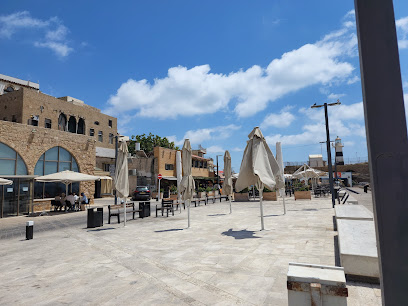
Uri Buri
Discover Uri Buri, where fresh seafood meets stunning waterfront views in the heart of Acre, Israel.
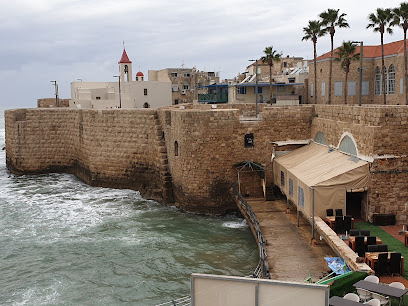
Templar's Tunnel
Uncover the secrets of the Crusaders at Templar's Tunnel in Acre, a captivating historical landmark that reveals the city's rich heritage.
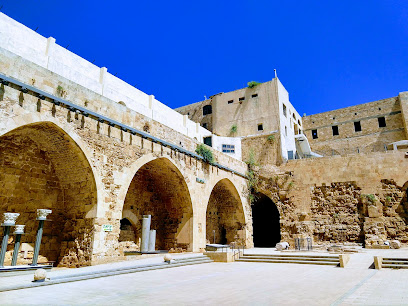
The Old City
Discover the rich history and vibrant culture of The Old City of Acre, a UNESCO World Heritage Site filled with stunning architecture and ancient charm.
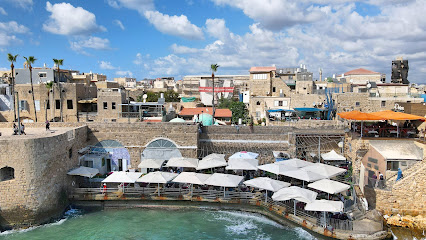
Acre Market
Discover Acre Market, a vibrant hub of fresh produce, local delicacies, and handcrafted goods in the heart of Acre, Israel.
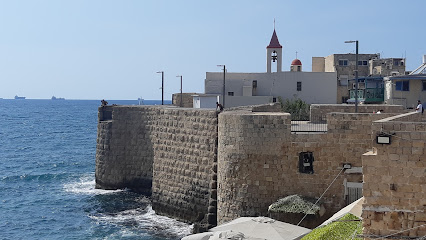
Akko Beach
Experience the perfect blend of sun, sea, and history at Akko Beach, a stunning destination along Israel's Mediterranean coast.
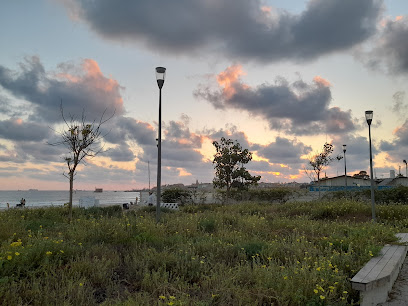
Hi Acco Knights Hostel
Experience the rich history and vibrant culture of Acre while staying at Hi Acco Knights Hostel, a welcoming retreat for travelers.

Treasures in the Walls Museum
Explore the rich cultural heritage of Acre at the Treasures in the Walls Museum, where history unfolds through captivating exhibits and artifacts.
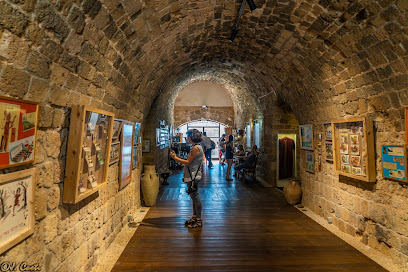
Acre port
Experience the historic charm and vibrant culture of Acre Port, a must-visit destination along the stunning Mediterranean coastline.
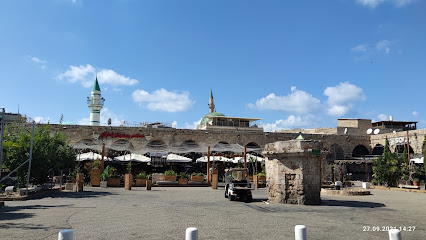
Citadel of Acre
Explore the Citadel of Acre, a historical landmark where ancient architecture meets the Mediterranean's stunning coastline, rich in culture and heritage.
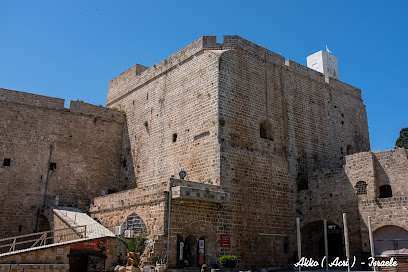
Or Torah Synagogue
Explore the Or Torah Synagogue in Acre, a stunning architectural gem and vital part of the city's rich cultural tapestry.
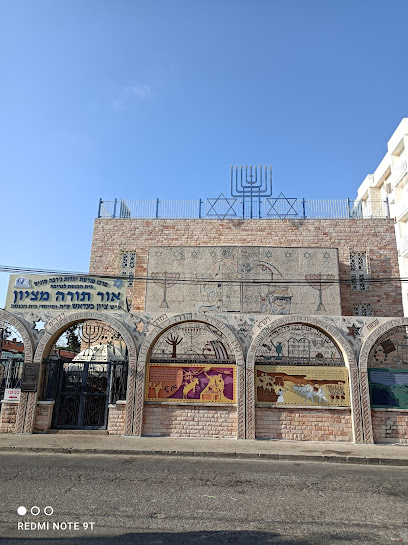
Al-Jazzar Mosque
Explore the stunning Al-Jazzar Mosque in Acre, a magnificent example of Ottoman architecture and a key cultural site in Israel's historic landscape.
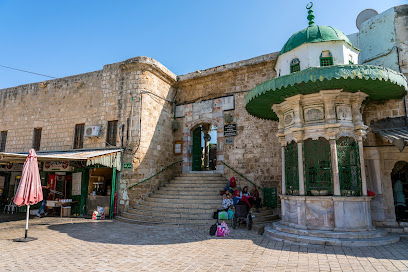
The Botanical Garden
Explore the lush beauty of The Botanical Garden in Acre, where diverse plant species and tranquil pathways await every nature enthusiast.
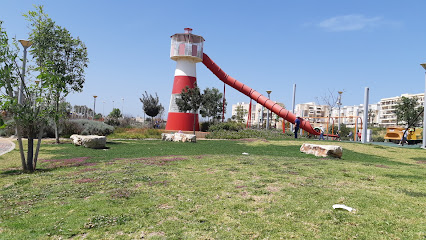
Underground Prisoners Museum
Explore the Underground Prisoners Museum in Acre to delve into Israel's rich history and the stories of resilience from the British Mandate era.
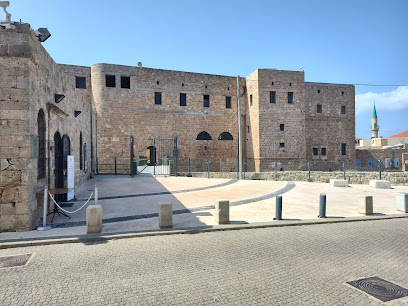
Arabesque Hotel
Experience the enchanting Arabesque Hotel in Acre, a blend of comfort, culture, and breathtaking views, perfect for every traveler.

Unmissable attractions to see
Rosh HaNikra Grottoes
Explore the stunning Rosh HaNikra Grottoes, where breathtaking sea caves meet rich history along the beautiful Israeli coastline.
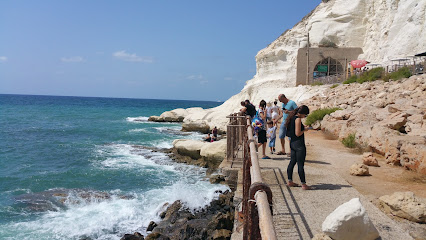
Rosh HaNikra Grottoes
Discover the breathtaking beauty of Rosh HaNikra Grottoes, where stunning sea caves meet rich history on the Mediterranean coast.
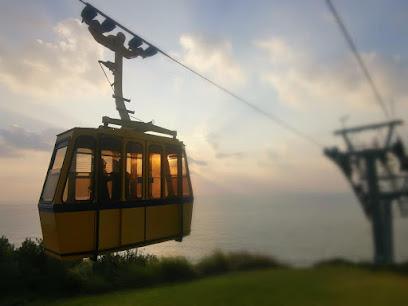
Ramat Hanadiv
Explore Ramat Hanadiv: A tranquil park in Zikhron Ya'akov, blending natural beauty with rich history and vibrant gardens for the perfect escape.
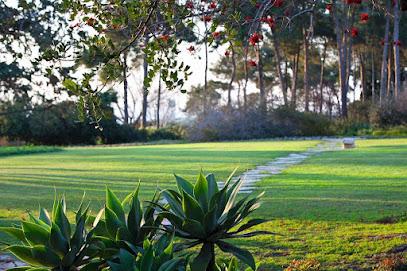
Mount Carmel National Park
Explore the breathtaking landscapes and rich biodiversity of Mount Carmel National Park, a top destination for hiking and natural beauty in Haifa, Israel.
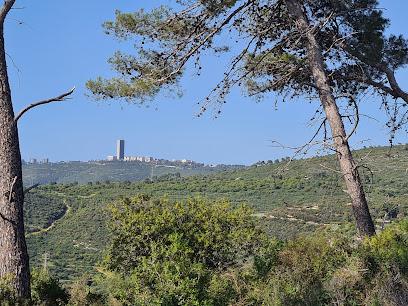
Church of the Annunciation
Discover the Church of the Annunciation, a beautiful blend of faith and history in the heart of Nazareth, attracting pilgrims and tourists alike.
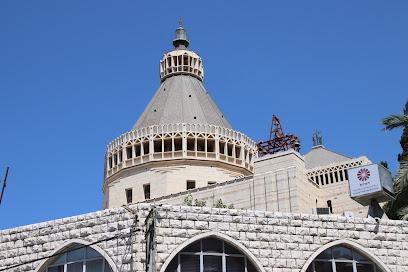
Tomb of Rabbi Meir
Explore the sacred Tomb of Rabbi Meir in Tiberias, a spiritual haven steeped in history and blessed with stunning views of the Sea of Galilee.
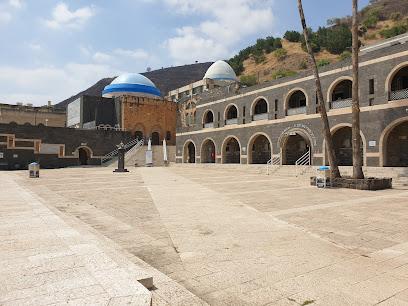
Hai Park Kiryat Motzkin
Explore Hai Park Kiryat Motzkin—an enchanting animal park perfect for families, featuring fun exhibits, playgrounds, and engaging activities for all ages.
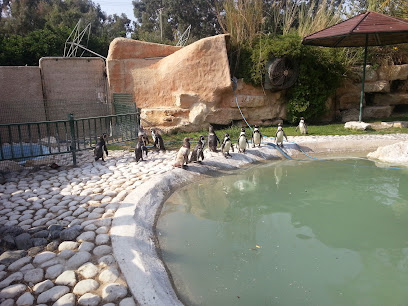
Knights' Halls, Old Akko
Discover the Knights' Halls in Old Akko, a historical landmark where medieval architecture meets rich cultural heritage—an unforgettable experience awaits.
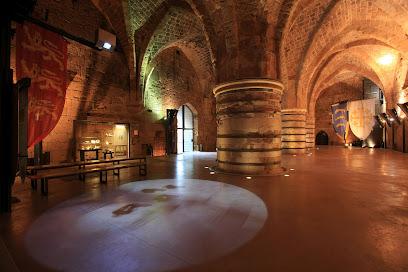
Achziv National Park
Explore Achziv National Park: a serene coastal paradise with stunning beaches, ancient ruins, and vibrant wildlife in Nahariyya, Israel.
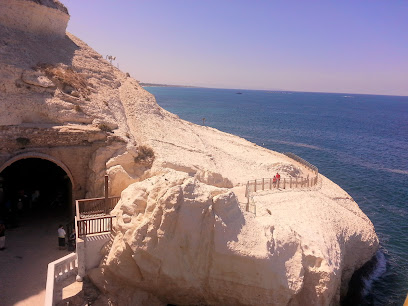
The Church of the Beatitudes
Discover the spiritual and historical significance of The Church of the Beatitudes, a serene retreat overlooking the Sea of Galilee.
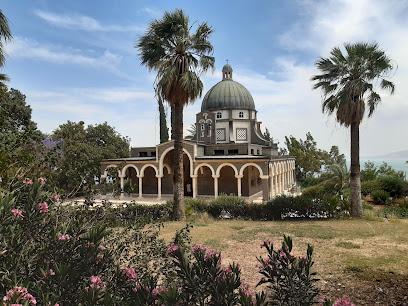
Keshet Cave
Experience the awe-inspiring Keshet Cave, a stunning natural attraction in Israel perfect for hiking, photography, and appreciating breathtaking landscapes.
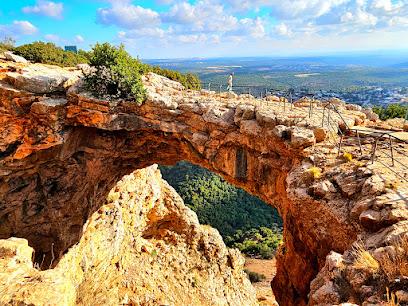
Hamat Tiberias National Park
Discover the enchanting Hamat Tiberias National Park, a serene escape featuring healing hot springs and rich historical treasures along the Sea of Galilee.
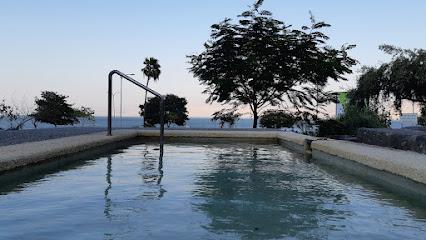
En Afek
Experience the serene beauty of En Afek National Reserve in Kiryat Bialik, a peaceful retreat filled with vibrant landscapes and diverse wildlife.
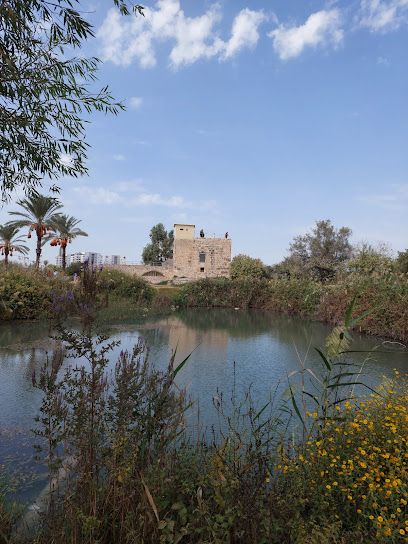
Bet She'arim National Park
Discover the rich history and stunning landscapes of Bet She'arim National Park, a must-visit destination for every traveler in Israel.
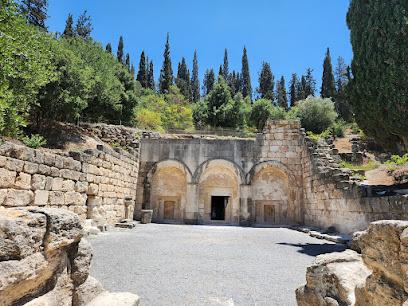
The Tomb Site of the Rambam
Explore the Tomb Site of the Rambam in Tiberias, a revered pilgrimage destination rich in history and tranquility, reflecting the legacy of an influential scholar.
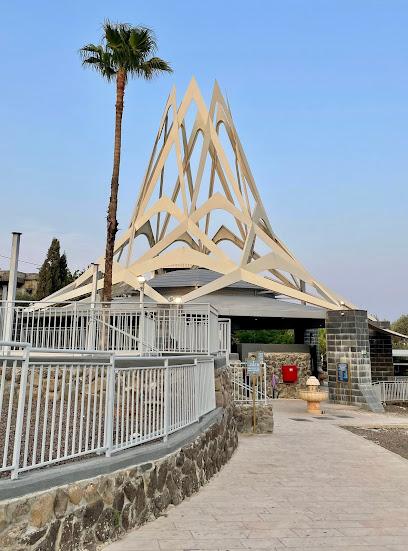
Essential places to dine
Uri Buri
Experience exquisite seafood dining at Uri Buri in Acre—where every dish captures the essence of Mediterranean flavors.
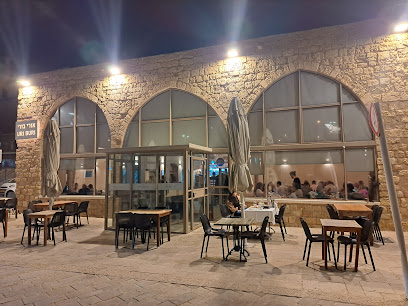
Restaurant Doniana
Experience exquisite Mediterranean flavors at Restaurant Doniana in Acre – a culinary haven for tourists seeking authentic local cuisine.
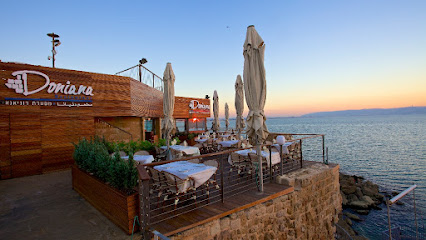
Hummus Said
Discover authentic Middle Eastern flavors at Hummus Said in Acre – where every bite tells a story.
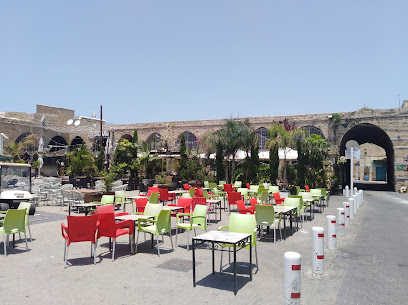
El Marsa Restaurant מסעדת אל מרסא
Experience exquisite seafood dining at El Marsa Restaurant in Acre; savor fresh flavors with stunning Mediterranean views.
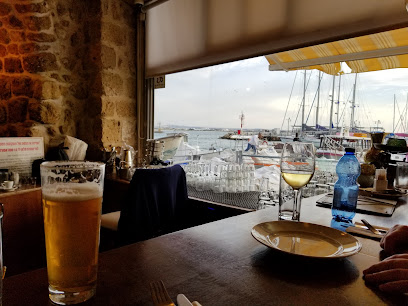
Abu Christo
Discover the culinary delights at Abu Christo in Kafr Yasif - where traditional flavors meet modern dining experiences.
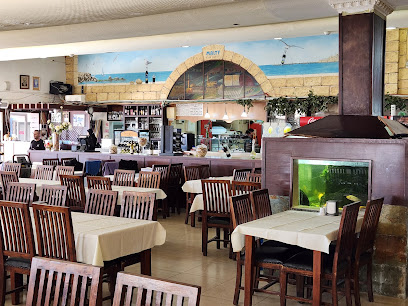
Roots רותס
Discover culinary excellence at Roots רותס in Acre, where traditional kosher dishes meet modern creativity amidst historical charm.
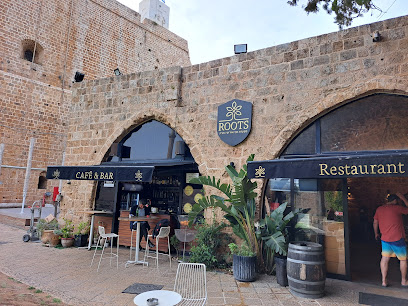
The Bread And Fish
Experience authentic Mediterranean cuisine at The Bread And Fish in Acre, where fresh seafood meets rich cultural heritage.
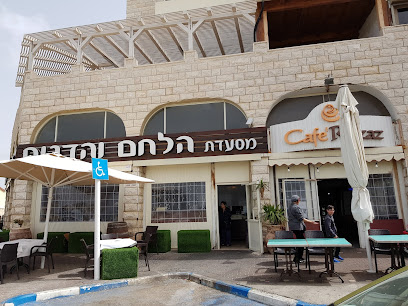
Al Fanar cafe
Experience delightful breakfasts and stunning Mediterranean views at Al Fanar Cafe in historic Acre.
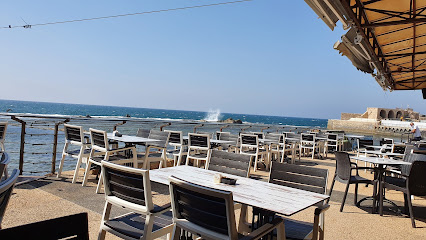
MINA
Experience the vibrant flavors of Acre at MINA, where traditional Israeli cuisine meets modern culinary artistry.
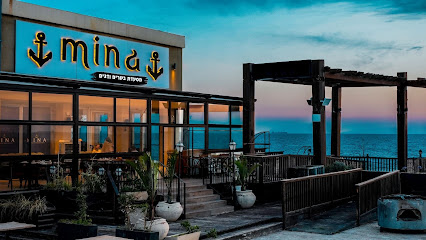
Turkiz acre
Experience the vibrant flavors of Mediterranean cuisine at Turkiz Acre – where tradition meets contemporary dining in historic Acre.
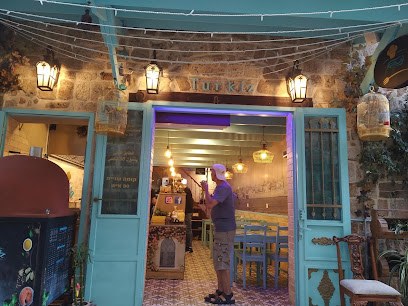
Uno
Discover authentic Mediterranean and Italian cuisine at Uno in Acre – where every meal is a celebration of flavor by the sea.
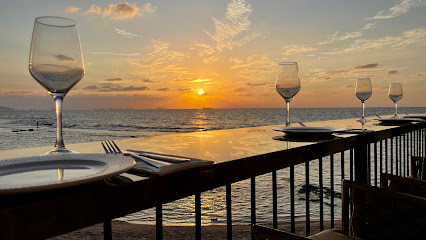
Panorama Restaurant Acre
Experience exquisite dining at Panorama Restaurant Acre with stunning Mediterranean views and fresh local seafood.
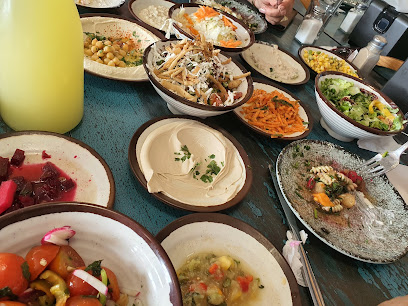
Fishers' Restaurant מסעדת הדייגים
Discover fresh seafood delights at Fishers' Restaurant in Acre, where every meal is a celebration of Mediterranean flavors and coastal charm.
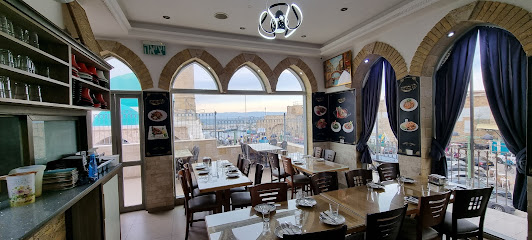
The Pisani Port Restaurant
Experience authentic Mediterranean cuisine with breathtaking views at The Pisani Port Restaurant in Acre.
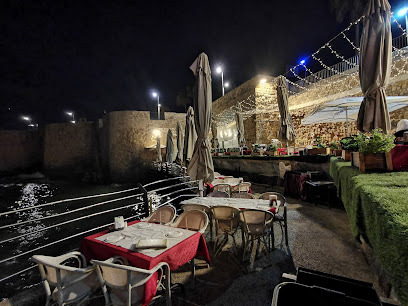
פלוקה
Discover Floka in Acre: A culinary haven offering unique dishes that celebrate local flavors in a vibrant atmosphere.
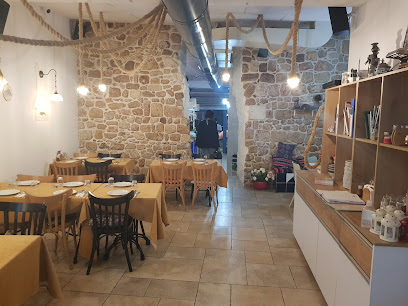
Markets, malls and hidden boutiques
Acre Market
Explore Acre Market: Immerse yourself in local flavors and culture at this vibrant marketplace in Acre, Israel.
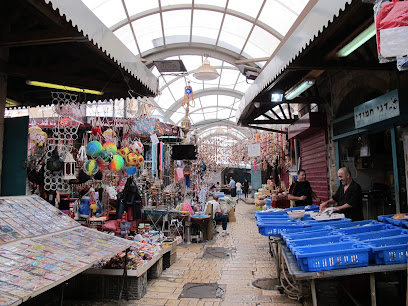
Azrieli Akko
Experience the perfect blend of shopping and history at Azrieli Akko, a modern mall in the heart of Acre, Israel, where retail meets culture.
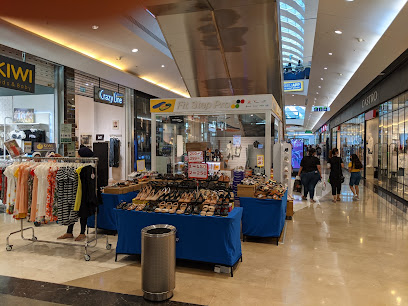
היסטריה
Explore היסטריה in Acre, the ultimate destination for toys, baby essentials, and delightful candies for all ages.
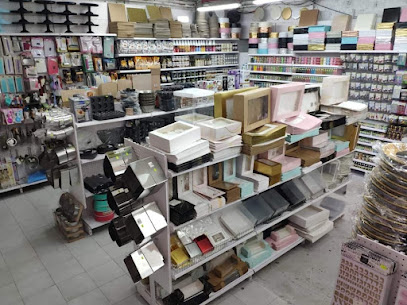
Acre Mall
Explore Acre Mall for a vibrant shopping experience blending modern retail with local culture in the historic city of Acre.
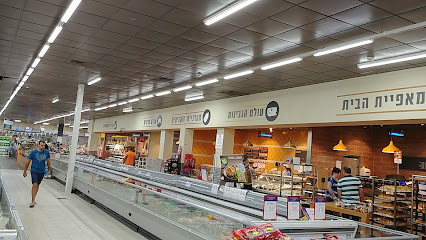
The White Market
Explore the vibrant atmosphere of The White Market in Acre, where local craftsmanship meets delicious cuisine in a unique shopping experience.
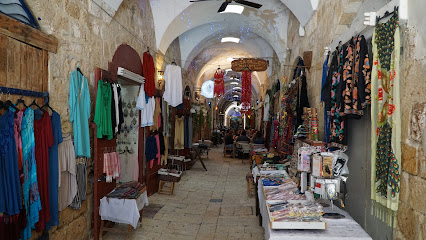
Duck You Akko
Explore the whimsical Duck You Akko, a charming toy store in Old Acre filled with delightful duck-themed treasures for all ages.
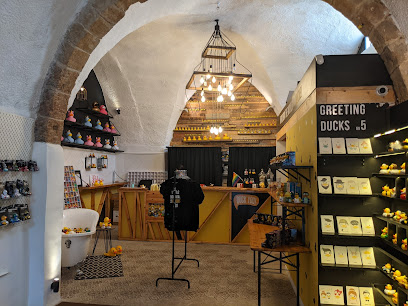
תפילין לבר מצווה מהודרים תשמישי קדושה
Explore Tepilin for Bar Mitzvahs in Acre - a treasure trove of exquisite religious goods and Judaica, perfect for spiritual seekers and tourists.
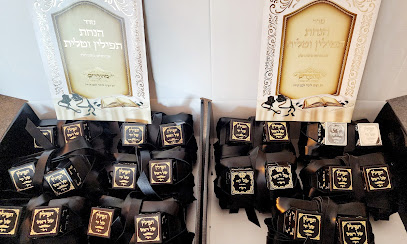
מרקט ניסן
Experience local flavors and vibrant culture at Market Nissan, the heart of Acre's grocery shopping.
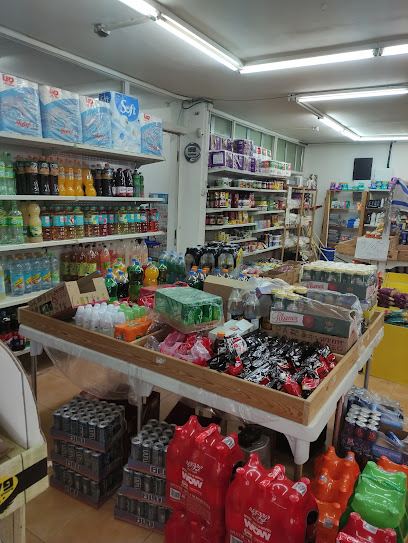
הבזאר הטורקי בעכו - The Acre Turkish Bazaar
Discover the vibrant Acre Turkish Bazaar, a unique blend of rich culture, local crafts, and delectable cuisine in the heart of Acre.
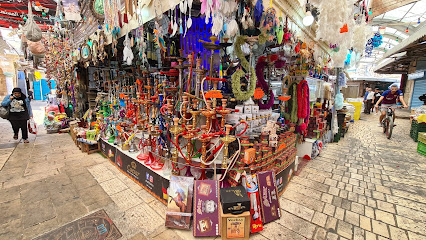
Studio Oroca
Discover exquisite handcrafted jewelry and artistic silversmithing at Studio Oroca in Acre, a unique destination for art lovers and shoppers alike.
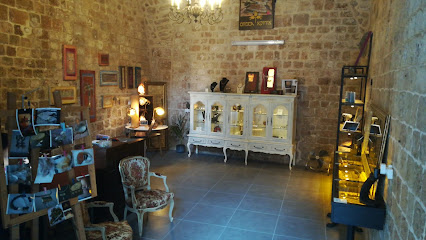
בצק סוכר
Explore local flavors at בצק סוכר in Acre, a grocery store offering fresh produce and artisanal goods that capture the essence of Israeli cuisine.
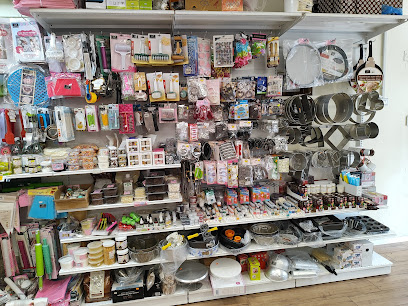
פט-פיש מרקט (המרקט למחמד)
Explore Acre's Pet Fish Market for a vibrant selection of pet supplies, farm equipment, and a taste of local culture.
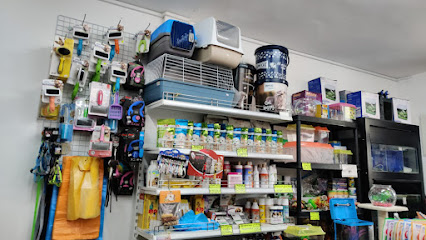
קניון עכו
Explore Kanyon Akko: A premier shopping mall in Acre offering diverse shops, delightful dining, and lively entertainment in a historic setting.
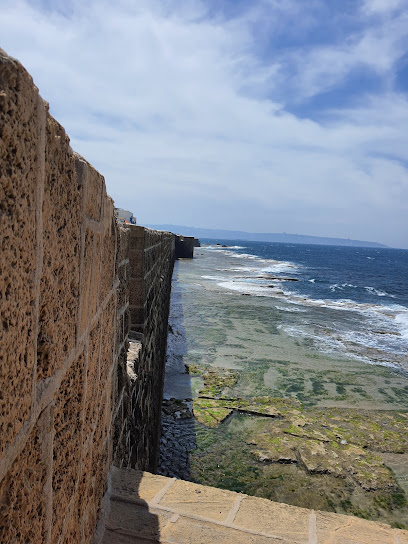
המקום של מאיה
Savor the authentic tastes of Acre at המיקום של מאיה, a delightful kiosk offering traditional Israeli dishes in a charming setting.
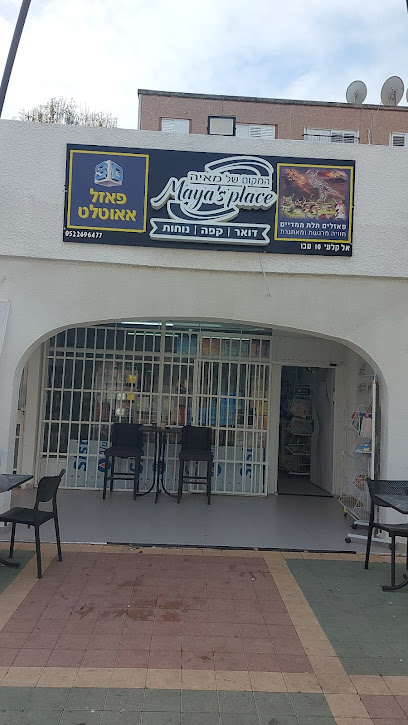
Grano akko
Discover the mouthwatering delights of Grano Akko, a bakery offering artisanal bread and pastries in the historic city of Acre.
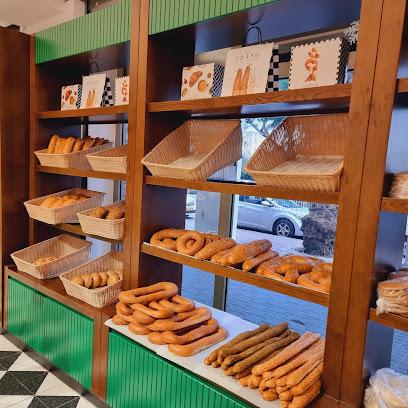
Essential bars & hidden hideouts
Uri Buri
Experience the best of Acre's seafood at Uri Buri, where tradition meets innovation in a stunning seaside setting.
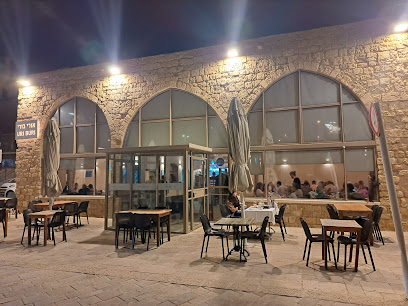
Hummus Said
Discover the authentic taste of Acre at Hummus Said, where every dish is a celebration of Middle Eastern culinary traditions.
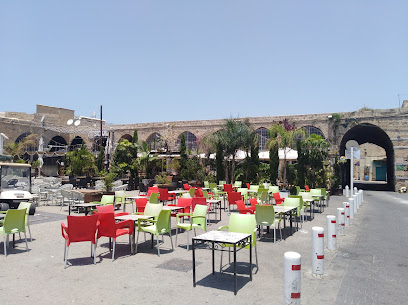
Abu Christo
Experience the authentic flavors of the Middle East at Abu Christo, a must-visit restaurant in Kafr Yasif, known for its warm ambiance and delicious cuisine.
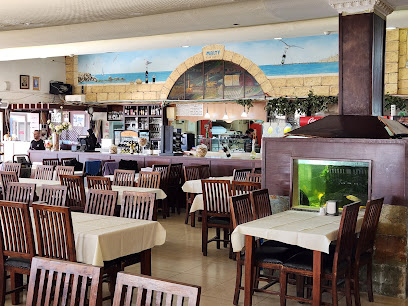
Roots רותס
Experience the vibrant flavors of kosher cuisine at Roots רותס in Acre, a culinary gem that blends tradition with innovation.
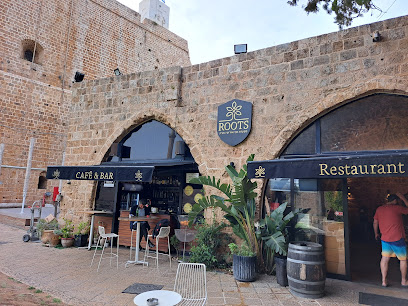
The Bread And Fish
Experience the vibrant flavors of the Mediterranean at The Bread And Fish, a must-visit restaurant in Acre, Israel for seafood lovers and culinary enthusiasts.
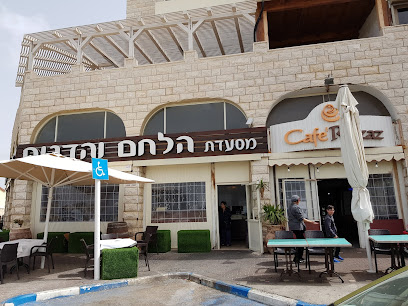
Al Fanar cafe
Experience the essence of Acre at Al Fanar Cafe, a delightful breakfast haven offering local flavors and a cozy atmosphere.
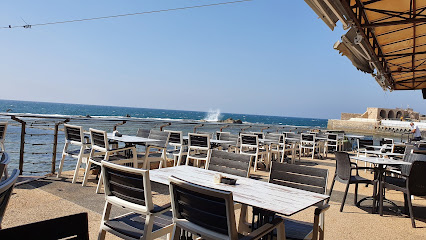
MINA
Discover the vibrant flavors and delightful ambiance at MINA, a culinary gem in the heart of Acre, perfect for every food lover.
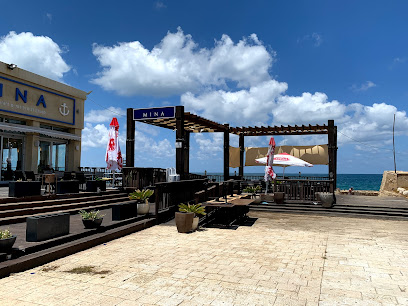
Fishers' Restaurant מסעדת הדייגים
Experience the finest seafood dishes in Acre at Fishers' Restaurant, where Mediterranean flavors meet stunning views.
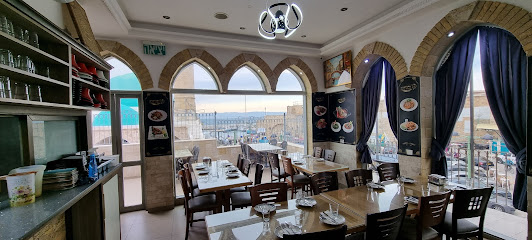
Siran Restaurant
Discover the flavors of Acre at Siran Restaurant, where fresh ingredients and authentic Israeli cuisine create an unforgettable dining experience.
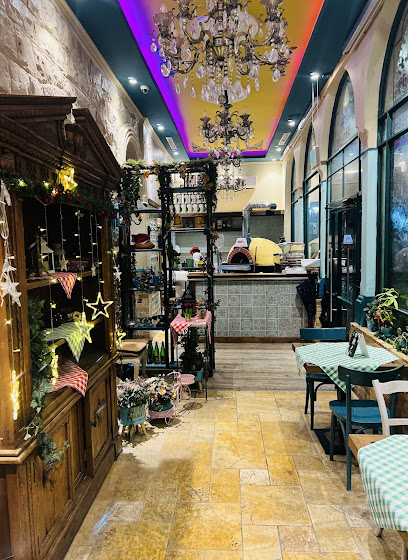
פלאפל שמסייה
Savor the authentic taste of Acre at Falafel Shamsiya, where traditional Israeli falafel meets vibrant local culture in a welcoming setting.
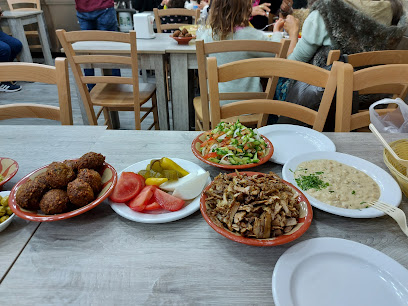
Hummus Al-Abed Abu Hamid
Discover the flavors of Acre at Hummus Al-Abed Abu Hamid, where authentic Israeli hummus and local hospitality await.
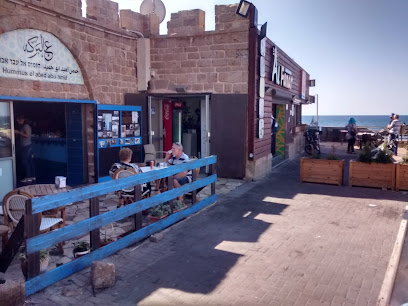
סול בורגר בר - soul burger bar
Discover the flavorful world of gourmet hamburgers at Soul Burger Bar in Acre, where quality meets delightful dining.

Mobarsham Restaurant
Discover the flavors of Israeli cuisine at Mobarsham Restaurant in Acre, where tradition meets modern culinary artistry.

Marsa Bar מרסא בר
Experience the vibrant nightlife and local culture at Marsa Bar in the historic Old Port of Acre, where drinks and views meet.

Local Phrases
-
- Helloשָׁלוֹם
[shalom] - Goodbyeלְהִתְרָאוֹת
[lehitraot] - Yesכֵּן
[ken] - Noלֹא
[lo] - Please/You're welcomeבבקשה
[bevakasha] - Thank youתודה
[toda] - Excuse me/Sorryסְלִיחָה
[slicha] - How are you?אֵיך אתה?
[eich atah?] - Fine. And you?טוֹב. ואת?
[tov. ve'at?] - Do you speak English?אתה מדבר אנגלית?
[ata medaber anglit?] - I don't understandאני לא מבין
[ani lo mevin]
- Helloשָׁלוֹם
-
- I'd like to see the menu, pleaseאני רוצה לראות את התפריט, בבקשה
[ani rotse lir'ot et hataprit, bevakasha] - I don't eat meatאני לא אוכל בשר
[ani lo ochel basar] - Cheers!לחיים!
[lechayim!] - I would like to pay, pleaseאני רוצה לשלם, בבקשה
[ani rotse lishlem, bevakasha]
- I'd like to see the menu, pleaseאני רוצה לראות את התפריט, בבקשה
-
- Help!עזור!
[ezor!] - Go away!לך לך!
[lech lech!] - Call the Police!קרא למשטרה!
[kra lemishtara!] - Call a doctor!קרא לרופא!
[kra laro-fe!] - I'm lostאני אבוד
[ani avud] - I'm illאני חולה
[ani choleh]
- Help!עזור!
-
- I'd like to buy...אני רוצה לקנות...
[ani rotse liknot...] - I'm just lookingאני רק מסתכל
[ani rak mistakel] - How much is it?כמה עולה זה?
[kama ole ze?] - That's too expensiveזה יקר מדי
[ze yakar meod] - Can you lower the price?אתה יכול להוריד את המחיר?
[ata yachol lehorid et hamachir?]
- I'd like to buy...אני רוצה לקנות...
-
- What time is it?מה השעה?
[ma hasha'a?] - It's one o'clockהשעה האחת
[hasha'a ha'achat] - Half past (10)חצי (עשר)
[chatzi (eser)] - Morningבוקר
[boker] - Afternoonצהריים
[tsohorayim] - Eveningערב
[erev] - Yesterdayאתמול
[etmol] - Todayהיום
[hayom] - Tomorrowמחר
[machar] - 1אחד
[echad] - 2שנים
[shnayim] - 3שלוש
[shalosh] - 4ארבע
[arba] - 5חמש
[chamesh] - 6שש
[shesh] - 7שבע
[sheva] - 8שמונה
[shmona] - 9תשע
[tesha] - 10עשר
[eser]
- What time is it?מה השעה?
-
- Where's a/the...?איפה יש...
[eifo yesh...] - What's the address?מה הכתובת?
[ma hakatavat?] - Can you show me (on the map)?אתה יכול להראות לי (על המפה)?
[ata yachol leharot li (al hamapa)?] - When's the next (bus)?מתי האוטובוס הבא?
[matay haotobus habe?] - A ticket (to ....)כרטיס (ל...)
[kartis (le...)]
- Where's a/the...?איפה יש...
History of Acre
-
Acre, also known as Akko, has a history dating back to the Bronze Age, making it one of the oldest continuously inhabited cities in the world. Its strategic location along the coast of the Mediterranean Sea made it a valuable port and trade center for ancient civilizations, including the Phoenicians, Greeks, and Romans.
-
In 1104, Acre was captured by the Crusaders during the First Crusade. It became a major stronghold and the capital of the Crusader Kingdom of Jerusalem. The city was known for its impressive fortifications and served as a key point for the Crusaders until it fell to the Mamluks in 1291.
-
After the Mamluks conquered Acre, the city experienced a period of decline. However, it was revitalized under Ottoman rule starting in the 16th century. The Ottomans rebuilt the city's walls and infrastructure, turning Acre into a vibrant trade hub once again.
-
In 1799, Acre was the site of a notable siege by Napoleon Bonaparte during his campaign in the Middle East. Despite his efforts, Napoleon was unable to capture the city, marking one of his rare defeats. The city's successful defense was largely due to the efforts of its Ottoman governor, Jezzar Pasha.
-
During the British Mandate of Palestine (1920-1948), Acre served as a significant administrative center. In 1948, the city was captured by Israeli forces during the Arab-Israeli War, leading to significant demographic changes. Today, Acre is a UNESCO World Heritage Site, known for its rich cultural heritage and well-preserved historical sites.
-
Acre is renowned for its diverse cultural landscape, reflecting its long history of various rulers and inhabitants. The city is home to a mix of Jewish, Muslim, Christian, and Bahá'í communities. This cultural diversity is evident in Acre's architecture, cuisine, and festivals, making it a unique destination for travelers.
-
Acre boasts numerous historic landmarks, including the Crusader-era Knights' Halls, the Al-Jazzar Mosque, and the Bahá'í Gardens and Shrine. These sites offer a glimpse into the city's storied past and its architectural grandeur. Each landmark tells a part of Acre's rich tapestry of history.
Acre Essentials
-
Acre is located in northern Israel, near the Mediterranean coast. The nearest major airport is Ben Gurion International Airport in Tel Aviv, approximately 120 kilometers away. From Tel Aviv, you can take a train directly to Acre, which takes about 1.5 hours. Alternatively, you can rent a car and drive, which offers flexibility to explore the region. Buses also run frequently to Acre from major cities such as Haifa and Jerusalem.
-
Acre is a compact city and many of its attractions are within walking distance. For longer distances, local buses and taxis are readily available. The city is also well connected by train, with the Acre Railway Station being a key hub. Renting a bicycle can be a fun way to explore the city and its surroundings, especially along the scenic coastline.
-
The official currency in Israel is the Israeli New Shekel (ILS). Credit cards are widely accepted in hotels, restaurants, and shops. However, it's advisable to carry some cash for smaller establishments and market purchases. ATMs are plentiful in Acre, so withdrawing cash when needed should not be an issue.
-
Acre is generally a safe city for tourists. However, like any other urban area, it's important to take standard precautions. Avoid walking alone at night in unfamiliar areas and keep an eye on your belongings in crowded places. While Acre does not have specific high-crime areas targeting tourists, maintaining situational awareness is always advisable.
-
In case of emergency, dial 100 for police assistance, 101 for medical emergencies, and 102 for fire services. Acre has several medical facilities and pharmacies where you can get assistance. It's recommended to have travel insurance that covers medical emergencies. For minor health issues, local pharmacies can provide over-the-counter medications.
-
Fashion: Do dress modestly, especially when visiting religious sites. Avoid wearing overly revealing clothing. Religion: Do respect local customs and traditions. When entering mosques or other religious sites, dress conservatively and remove your shoes. Public Transport: Do be respectful to other passengers. Don’t talk loudly or play loud music. Greetings: Do greet people with a 'Shalom' or 'Salam.' A handshake is also common. Eating & Drinking: Do try local delicacies and accept food offerings graciously. Don't refuse hospitality, as it is considered impolite.
-
To experience Acre like a local, visit the local markets, especially the Old Acre Market, where you can buy fresh produce, spices, and traditional goods. Engage with locals; they are usually friendly and eager to share stories about their city's rich history. Don’t miss the local seafood, as Acre is known for its fresh fish and seafood dishes. For a unique experience, take a stroll along the city's ancient walls and visit the Acre Fortress for stunning views and historical insights.
Nearby Cities to Acre
-
Things To Do in Akko
-
Things To Do in Nahariya
-
Things To Do in Haifa
-
Things To Do in Rosh HaNikra
-
Things To Do in Nazareth
-
Things To Do in Safed
-
Things To Do in Zikhron Ya'akov
-
Things To Do in Tyre
-
Things To Do in Tiberias
-
Things To Do in Caesarea
-
Things To Do in Hadera
-
Things To Do in Beit She'an
-
Things To Do in Umm Qais
-
Things To Do in Marjayoun
-
Things To Do in Netanya
















